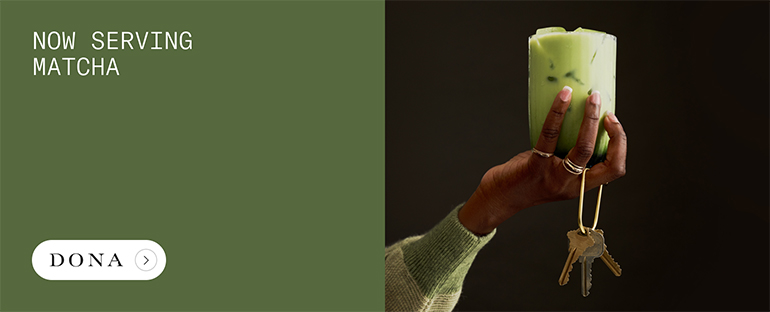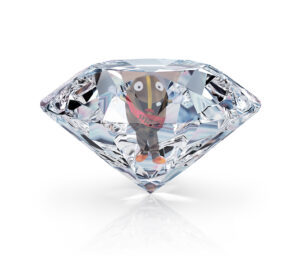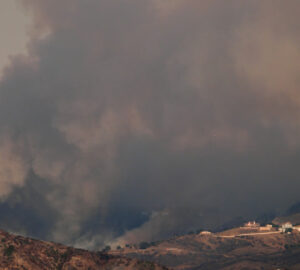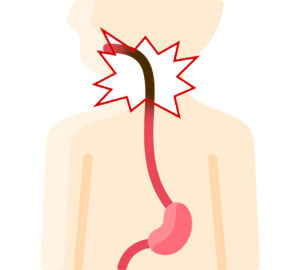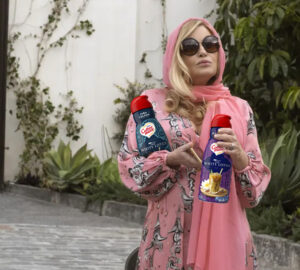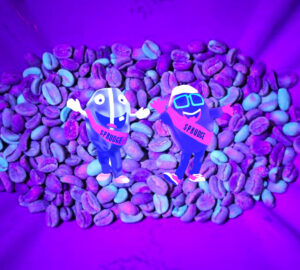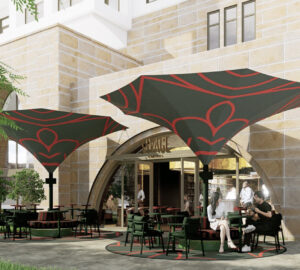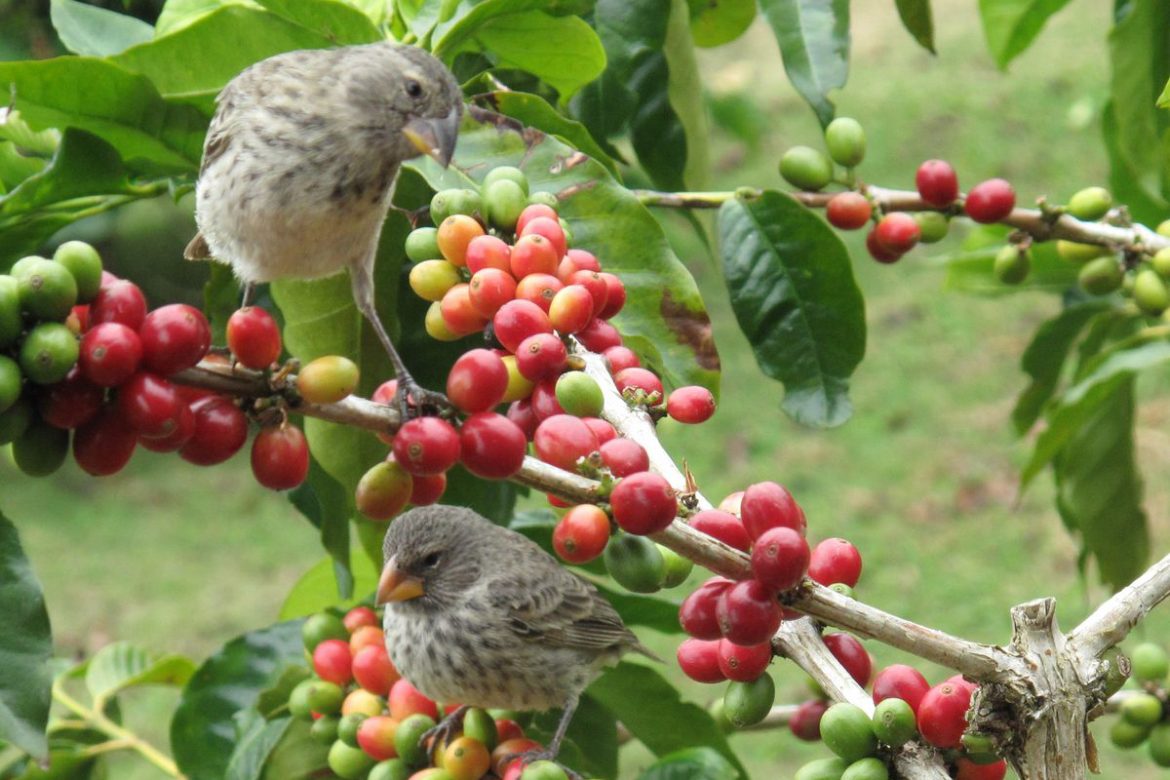
Coffee is for the birds, but I mean that in a good way. A recent scientific study set out to decipher whether growing arabica or robusta coffee was better for supporting native bird species, and it turns out they are both ecologically friendly. But arabica is still better.
As reported by Forbes, the article explores biodiversity in India’s Western Ghats mountain range, a hotspot for much of the country’s agriculture expansion that is “unusually species-rich,” with many being found nowhere else in the world. According to the article, arabica and robusta production have differing effects on biodiversity in two major ways: how they are grown and farming practices used.
The article notes that arabica is primarily shade-grown, meaning the trees exist under a canopy amongst other types of plants. Robusta, on the other hand, is typically sun-grown in a monoculture. The researchers found that while both types of trees were grown in dense rainforests, arabica was grown under a slightly more dense canopy (“average canopy density score of 94.6% for arabica and 79.2% for robusta”), and this difference led to arabica farms being more species rich, including many birds on the endangered species list.
But robusta has a leg up on farming practices. The study found that only 19 percent of robusta farms used pesticides, compared to the 75 percent of arabica farms. Refraining from the use of pesticides allows for robusta farms to have a “far greater prey diversity and availability for insectivorous birds.”
Overall, the study found that both types of “coffee farms supported higher species richness, endemic richness and greater densities of birds overall when compared to other major cash crops produced in the Western Ghats,” and that coffee farming may actually be beneficial for biodiversity in the Indian mountain range. But because it is primarily shade-grown, arabica coffee reigns ecologically supreme. And it tastes better. It’s a wren-wren situation.
Zac Cadwalader is the news editor at Sprudge Media Network and a staff writer based in Dallas. Read more Zac Cadwalader on Sprudge.
*top image via Lava Java













